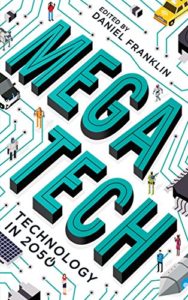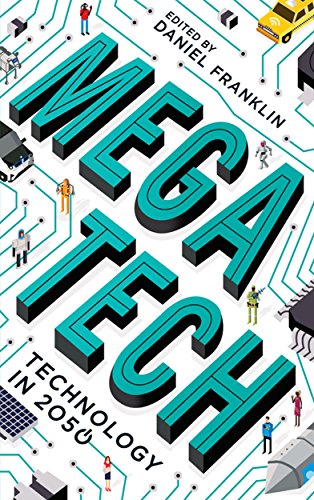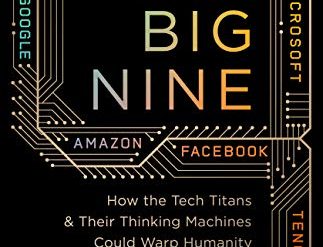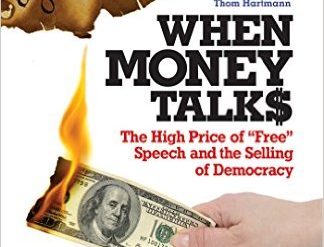
The concluding chapter in The Economist‘s new book, Megatech: Technology in 2050, highlights “the central role of capitalism” in driving the demand for new technology. The preceding 19 chapters justify that reading, for the most part indirectly. That should be no surprise in a product of The Economist, a London-based weekly “50% owned by the English branch of the Rothschild family and by the Agnelli family.” No Marxists to be found in those precincts!
Like any anthology, Megatech is uneven. Chapter 1, “A toolkit for predicting the future,” sets the scene exceptionally well. Chapters on biotechnology, health care, agriculture, materials science, military technology, and personal technology are all informative and engaging. So is “Visiting Hours,” one of the two science fiction short stories included in the book. Chapters on computer science, energy, the “Physical foundations of future technology,” and the history of innovation are less valuable. In fact, I found the essay on the principles of physics to be impenetrable. It does not appear to have been written for a general audience.
An uneven guide to the future of technology
By contrast, the essay on materials science includes a fascinating account of how the BMWi3 is manufactured. The “car begins life in a Japanese rayon factory as a spool of polyacrylonitrile,” which is “shipped to the US, where it is baked into carbonised strings only 7 micrometers (millionths of a metre) in diameter,” and, finally, “woven on carpet-like sheets on what appears to be a giant knitting machine” in a factory near Munich.
Megatech: Technology in 2050 edited by Daniel Franklin ★★★★☆
Many topics open to debate
Virtually any subject is open to debate. The future of technology is particularly susceptible to disagreement, and some of that surfaces in Megatech. For example, a chapter dedicated to “The great innovation debate” views the current obsession with runaway technological change with a jaundiced eye. “Decades of advance in information technology,” the author writes, “have not generated anything like the soaring growth in output per person, adjusting for inflation, that industrialised countries enjoyed in the mid 20th century.”
A later chapter strenuously disagrees, arguing that “the pessimists misread the nature of technological change . . .” by underestimating “the cumulative effect of exponential improvement in computing power,” by mistakenly assuming that Moore’s law represents a constraint on further advances in computing, and by failing to understand that “it takes time to learn how to apply powerful new technologies.”
The book doesn’t deliver on the promise in its subtitle
Unfortunately, Megatech doesn’t quite deliver the promise in its subtitle, Technology in 2050. Most of the essays included in the book examine current trends rather than looking 30 years ahead. Some don’t venture far at all into the future.
About the author
Unlike most publications, The Economist maintains a large Intelligence Unit that provides forecasting and risk analysis services for corporations and governments. Though the connections don’t appear in print anywhere in the book, it seems obvious that most of the 20 authors whose essays appear in this illuminating anthology are either editors of the magazine or among the “130 full time specialists and economists” employed by the Unit. (One obvious exception is Melinda Gates, who is nobody’s idea of an employee.) The book is edited by Daniel Franklin, Executive Editor of The Economist.
For related reading
This is one of 20 good nonfiction books about the future (plus lots of science fiction).
You might also enjoy Science explained in 10 excellent popular books and 10 best books about innovation.
If you enjoy reading nonfiction in general, you might also enjoy:
- Great biographies I’ve reviewed: my 10 favorites
- My 10 favorite books about business history
- 20 top nonfiction books about history
And you can always find my most popular reviews, and the most recent ones, on the Home Page.


























